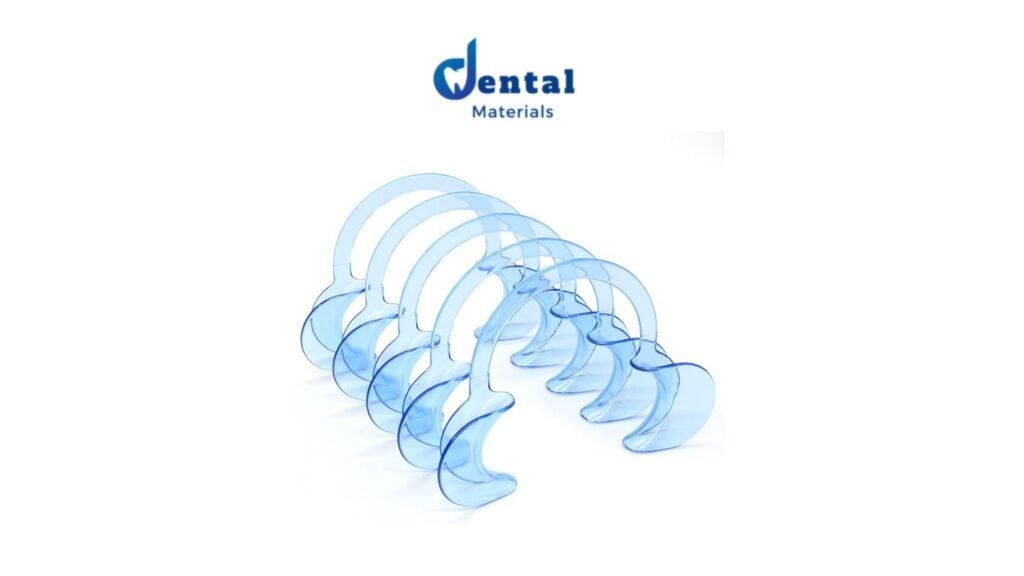If you’ve recently undergone dental implant surgery, you might be experiencing swelling. This is a common side effect of the procedure, but there are steps you can take to minimize discomfort and promote a faster recovery. In this section, we will discuss how to reduce swelling after dental implant surgery and provide tips and techniques to make your recovery as comfortable as possible.
Before we dive into the strategies for reducing swelling, let’s explore why it occurs after dental implant surgery and how the healing process works. Understanding the causes can give you a better idea of what to expect during your recovery. Keep reading to learn more about post-operative swelling after dental implant surgery.
Understanding Post-Operative Swelling After Dental Implant Surgery
Many patients experience post-operative swelling after dental implant surgery, which can be uncomfortable but is typically a normal part of the healing process. Swelling occurs as a result of the body’s natural response to trauma, which causes an increase in blood flow to the affected area. This increased blood flow can lead to inflammation and swelling.
Swelling typically peaks within 48-72 hours after the surgery and then gradually subsides over the following days. It’s essential to manage swelling promptly to decrease discomfort and accelerate recovery. This involves understanding the causes of swelling and taking measures to minimize its impact.
Post-operative swelling after dental implant surgery can be affected by various factors, including the complexity of the surgery, the extent of the surgical site, and the presence of underlying medical conditions. It’s essential to work with your dental professional to develop an effective treatment plan that addresses your specific condition.
Healing Process
During the healing process, the body produces new blood vessels and cells to repair the surgical site. At the same time, the body removes damaged tissue and dead cells from the area. Swelling occurs because the body will also produce fluids and white blood cells to fight infection. This healing process can last for several weeks after surgery, and swelling may continue throughout this period.
As the body heals, the swelling typically subsides, and the surgical site will eventually return to normal. It’s essential to follow your dentist’s post-operative instructions to ensure optimal healing and reduce the risk of complications.
Immediate Steps to Reduce Swelling After Dental Implant Surgery
Swelling is a normal reaction to dental implant surgery. However, there are ways to minimize the swelling and promote a faster recovery. Here are some immediate steps you can take:
Apply Cold Compresses
Applying cold compresses to the affected area can help reduce swelling and alleviate pain. Use an ice pack or a bag of frozen peas wrapped in a towel and apply it to the affected area for 10-15 minutes at a time, with 10-minute breaks in between. Do this for the first 24 to 48 hours after surgery.
Keep Your Head Elevated
Elevating your head with pillows while lying down can also help reduce swelling. This helps promote blood flow away from the surgical site. Make sure you sleep with your head elevated for the first few nights after surgery.
Take Prescribed Medications as Directed
Your dentist may prescribe painkillers or anti-inflammatory medications to help reduce swelling and alleviate discomfort. Make sure to take all medications as directed by your dentist and finish the full course, even if you’re feeling better.
By taking these immediate steps, you can effectively reduce swelling after dental implant surgery and ensure a smoother recovery process.
Managing Swelling in the Days Following Dental Implant Surgery
After dental implant surgery, swelling can persist for several days, making it important to take proactive steps to manage swelling during this recovery period. By doing so, you can minimize discomfort and optimize the healing process.
One of the simplest and most effective ways to manage swelling after dental implant surgery is to practice proper oral hygiene. This includes brushing your teeth gently and avoiding any unnecessary manipulation of the affected area. Additionally, you should avoid consuming any hard or crunchy foods that may irritate the surgical site.
You should also avoid any strenuous activities that may increase blood flow to the affected area. This includes any heavy lifting or exercise that may cause your heart rate to rise. Instead, try to rest as much as possible during the first few days following your surgery.
Another helpful tip for managing swelling after dental implant surgery is to consume anti-inflammatory foods. Some examples of these foods include tomatoes, spinach, blueberries, and fatty fish like salmon. Additionally, you may want to consider taking supplements like Vitamin C or Zinc, which can aid in the healing process.
By following these simple strategies, you can significantly reduce swelling after dental implant surgery and promote a more comfortable recovery. Just remember to consult with your dentist if you have any concerns or experience any unusual symptoms after your surgery.
Effective Swelling Reduction Techniques After Dental Implant Surgery
While swelling is a common side effect of dental implant surgery, there are various techniques that can be effective in reducing it. Here are some tips:
Take Prescribed Medications
Your dentist will likely prescribe medications to manage pain and swelling after dental implant surgery. Make sure to take these as directed, as they can significantly reduce swelling.
Use Warm Compresses
Applying warm compresses to the affected areas can help increase blood flow, reduce inflammation, and promote faster healing. Wrap a warm, damp towel around the affected area for about 20 minutes at a time, several times a day.
Gentle Massage
Gently massaging the skin around the affected area can help improve blood flow and reduce swelling. Use gentle circular motions with your fingertips, being careful not to apply too much pressure.
By following these techniques, you can effectively reduce swelling after dental implant surgery and promote a smoother recovery.
Remedies to Reduce Swelling for a Comfortable Recovery
While traditional medications and treatments can help reduce swelling after dental implant surgery, there are also a variety of natural remedies that can provide an added layer of relief. These remedies can help you feel more comfortable during the healing process while reducing inflammation in a gentle, soothing way.
Herbal Teas
Herbal teas have been used for centuries to reduce inflammation and promote healing. Some teas, such as chamomile and ginger, have natural anti-inflammatory properties that can help reduce swelling after dental implant surgery. Sipping on warm tea can also be calming to the body and mind, promoting relaxation and restful sleep.
Essential Oils
Essential oils are highly concentrated plant extracts that can be inhaled or applied topically to the skin. Some essential oils, such as peppermint and lavender, have cooling and anti-inflammatory properties that can help reduce swelling and promote healing. Be sure to dilute essential oils with a carrier oil, such as coconut oil, before applying to the skin.
Saltwater Rinses
Warm saltwater rinses can help reduce inflammation and promote healing in the mouth after dental implant surgery. Simply mix one teaspoon of salt into a cup of warm water and swish the solution around the mouth for several seconds. This can be done several times a day to help reduce swelling and promote overall oral hygiene.
By incorporating these natural remedies into your post-operative care routine, you can help reduce swelling and promote a more comfortable recovery after dental implant surgery.
Tips for Optimizing Swelling Reduction After Dental Implant Surgery
In addition to the immediate steps and effective techniques for reducing swelling after dental implant surgery, there are other tips and suggestions you can follow to optimize the healing process. These tips include:
1. Stay Hydrated
Drinking plenty of water helps flush out toxins and promotes proper circulation, which can aid in reducing swelling.
2. Avoid Tobacco and Alcohol
Smoking and consuming alcohol can delay the healing process and increase the risk of infection, which can worsen swelling.
3. Follow a Nutritious Diet
Eating a balanced diet rich in vitamins and minerals helps support the immune system and promotes faster healing.
By implementing these tips and following the recommended strategies, you can optimize swelling reduction and promote a smoother and more comfortable recovery after dental implant surgery.
When to Seek Professional Help for Swelling After Dental Implant Surgery
While some swelling is normal after dental implant surgery, it’s important to be aware of signs and symptoms that may indicate a potential issue. If swelling does not improve or gets worse after the first few days post-surgery, or if you experience excessive bleeding, fever, or severe pain, it’s crucial to seek professional help immediately.
A dental professional can examine the affected area to determine if there is an infection or other complication that requires further treatment. Delaying treatment can lead to more serious issues and a longer recovery time. It’s always better to err on the side of caution and seek medical assistance when in doubt.
Tips for Optimizing Swelling Reduction After Dental Implant Surgery
Reducing swelling after dental implant surgery requires a combination of proper post-operative care and healthy lifestyle habits. Here are some additional tips to optimize your swelling reduction:
- Stay hydrated by drinking plenty of water and avoiding sugary or caffeinated beverages
- Avoid tobacco and alcohol, which can inhibit the healing process and increase swelling
- Eat a nutritious diet rich in vitamins and minerals to promote healing and reduce inflammation
- Rest and avoid strenuous activities to give your body time to heal
- Follow your dentist’s instructions for proper oral hygiene to prevent infection and further complications
By following these tips, you can reduce swelling after dental implant surgery and promote a smoother and more comfortable recovery.




